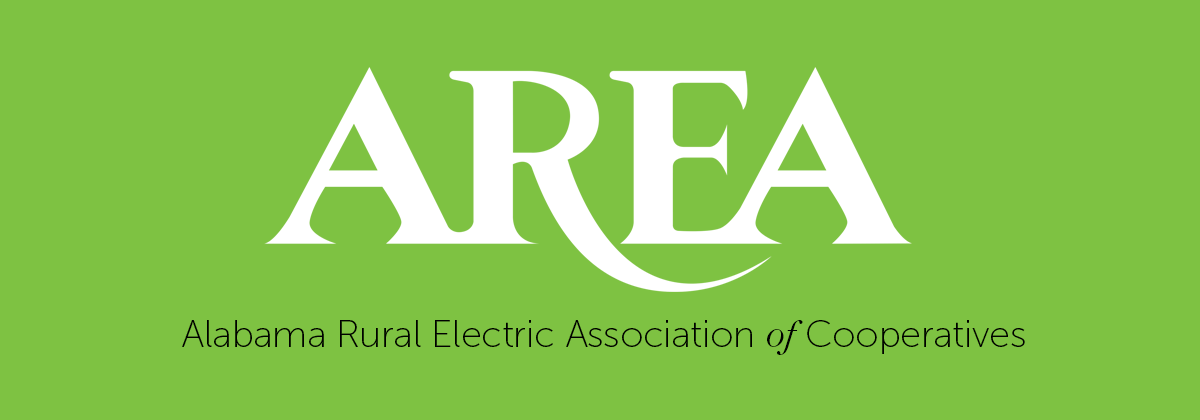943.1- Converstation Skills Outside the Boardroom
Many co-ops are getting member requests for information as the energy industry evolves toward a consumer-centric model. Co-ops are well positioned as their members’ trusted energy advisor to provide education and information on the changing energy landscape. While directors are not the co-op’s official spokespersons, they are sometimes asked questions by members when they are out in the community. This course provides directors with skills and guidance on how to handle such situations by either responding or referring questions to their co-op’s CEO or designated spokesperson. Participants will observe and practice how (or how not) to communicate their co-op’s policies, plans, and positions on such timely manners as rates, distributed energy resources, or the benefits of belonging to a consumer-centric cooperative utility.
KEY TOPICS:
Distinguishing the CEO’s role as primary co-op spokesperson for the co-op from the director’s role in co-op communication efforts
Awareness of what is being communicated through body language
Effective techniques for referring questions to the CEO or designated spokesperson
Recognizing that anything directors say can be recorded by a smartphone and wind up on the Internet
Responding to media inquiries and interviews if and when necessary
Registration for this event is now closed.
